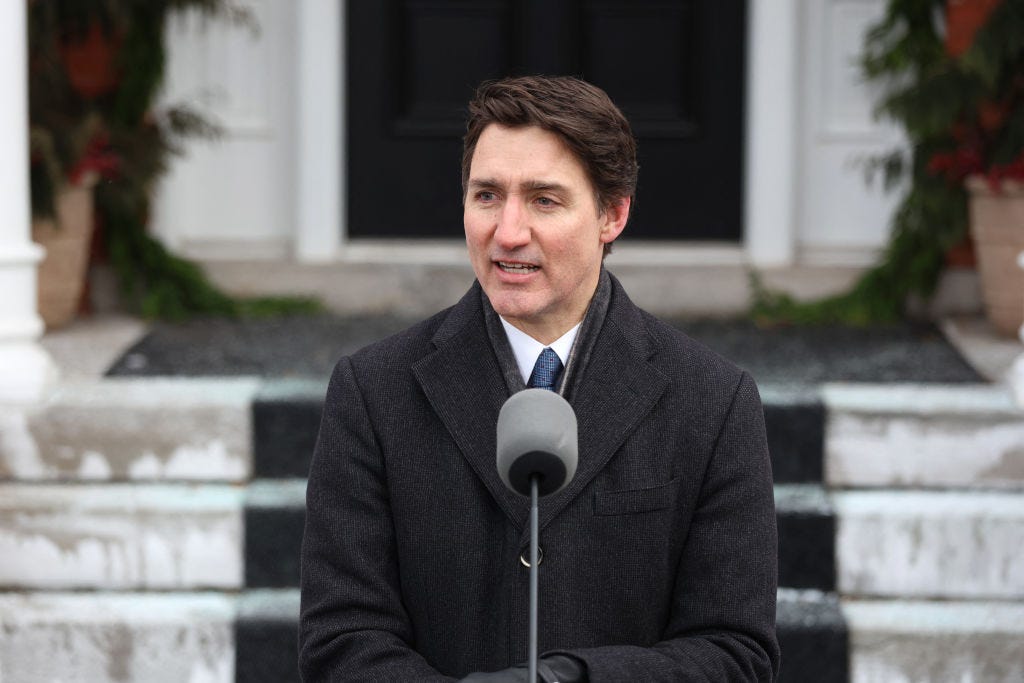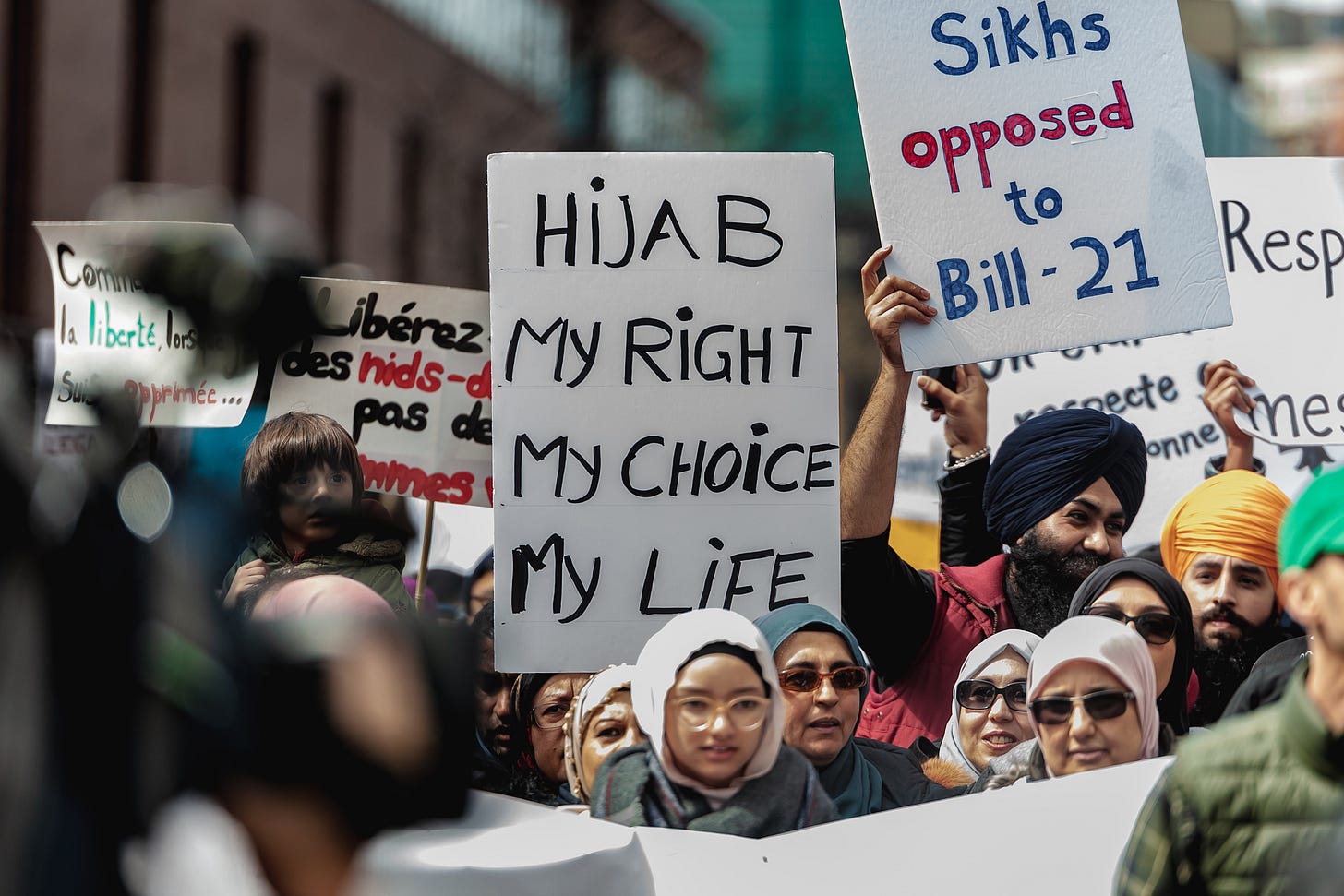Justin Trudeau’s Legacy: A Cautionary Tale for Progressive Leaders
From muted lip service on Gaza to symbolic gestures on racial equality, the outgoing Canadian PM's tenure left many disillusioned.

As Justin Trudeau steps down, Canadians are left to grapple with the legacy of a leader who inspired great hope but ultimately left many disillusioned. His tenure reflects a mix of progressive milestones, symbolic gestures, and missed opportunities.
Trudeau’s rise in 2015 came with lofty promises of restoring Canada’s international standing and fostering inclusivity. For many Canadians, this marked a hopeful departure from the Stephen Harper era’s divisive rhetoric. Initiatives like welcoming over 100,000 Syrian refugees, appointing a gender-balanced Cabinet with the largest contingent of minorities in the nation’s history, and appointing Amira Elghawaby to the newly created position of special representative on combatting Islamophobia were commendable steps. The No-Fly List redress system was another victory for Muslim Canadians, long plagued by humiliating misidentifications at airports.
One of Trudeau’s key successes was navigating the renegotiation of the North American Free Trade Agreement (NAFTA), resulting in the US-Mexico-Canada Agreement (USMCA). Facing Donald Trump’s protectionist agenda, Trudeau’s government used a strategic approach to preserve Canada’s economic interests. This achievement not only safeguarded critical trade relationships but also demonstrated Trudeau’s ability to manage complex international challenges effectively. More recently, under pressure from his coalition partner, the New Democratic Party (NDP), he introduced new social policies, including more affordable childcare and a dental care program.
Performative Allyship
Yet, Trudeau’s leadership revealed the limits of performative allyship without sticking to principles. His failure to intervene in Quebec’s discriminatory Bill 21, which bars public servants from wearing visible religious symbols, alienated many minorities and progressives. Similarly, the government’s refusal to settle a $2.5 billion class-action lawsuit brought by Black public servants over systemic racism highlighted glaring contradictions in its anti-racism commitments.

Trudeau’s relationship with Indigenous peoples reflects a gap between rhetoric and action. While he pledged “renewed, nation-to-nation” ties and launched the inquiry into missing and murdered Indigenous women and girls, many Indigenous leaders say his efforts fell short. Promises to implement the Truth and Reconciliation Commission’s Calls to Action remain largely unfulfilled, and his energy policies, such as purchasing the Trans Mountain pipeline and ordering the dismantling of Wet’suwet’en blockades, were seen as prioritizing corporate interests over Indigenous sovereignty. As Eva Jewell of the Yellowhead Institute observed, “He was just as colonial as any other prime minister.”
Muted Lip Service on Gaza
One of the most damning critiques of Trudeau’s legacy comes from his handling of the Israeli devastation of Gaza.



